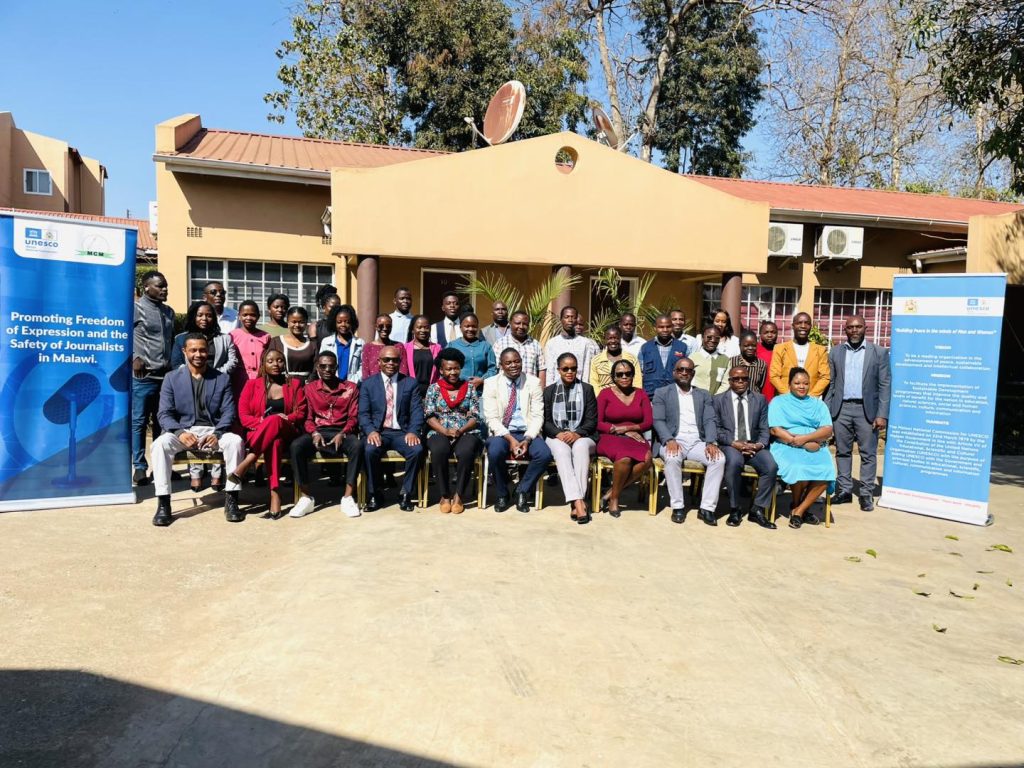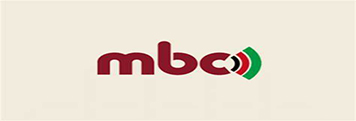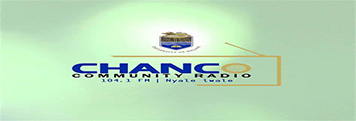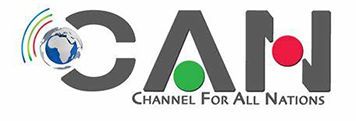Forty journalists from media houses in Malawi’s Central Region have been trained on election coverage and their safety during elections.
The training, organized by the Media Council of Malawi (MCM) in partnership with the Media Institute of Southern Africa (MISA) Malawi, aimed to equip journalists with skills for voter-centered reporting while promoting collaboration with law enforcement and electoral stakeholders to ensure the safety of journalists during elections.
In his opening remarks, MISA Malawi Chairperson Golden Matonga emphasized the importance of professionalism in election reporting. He urged journalists to play a critical role in debunking misinformation and ensuring the public has access to accurate and reliable information during the electoral period.
MCM Executive Director Moses Kaufa highlighted the vital role journalists play during elections. He stressed the need to inform the public with factual content while promoting electoral awareness and education. He also encouraged journalists to uphold core principles of professional election coverage, including transparency and respect for the dignity of all stakeholders.
UNESCO Malawi Executive Secretary David Mulera acknowledged that journalists continue to face threats that undermine press freedom and democracy. He reaffirmed UNESCO’s commitment to safeguarding journalists, noting that such threats hinder the country’s democracy.
“These dangers do not only threaten individual journalists; they undermine our democratic processes. Without the ability to report freely and without fear, citizens cannot be properly informed. We must work collectively to ensure that the electoral process is conducted in an environment that is free, fair, and safe.”
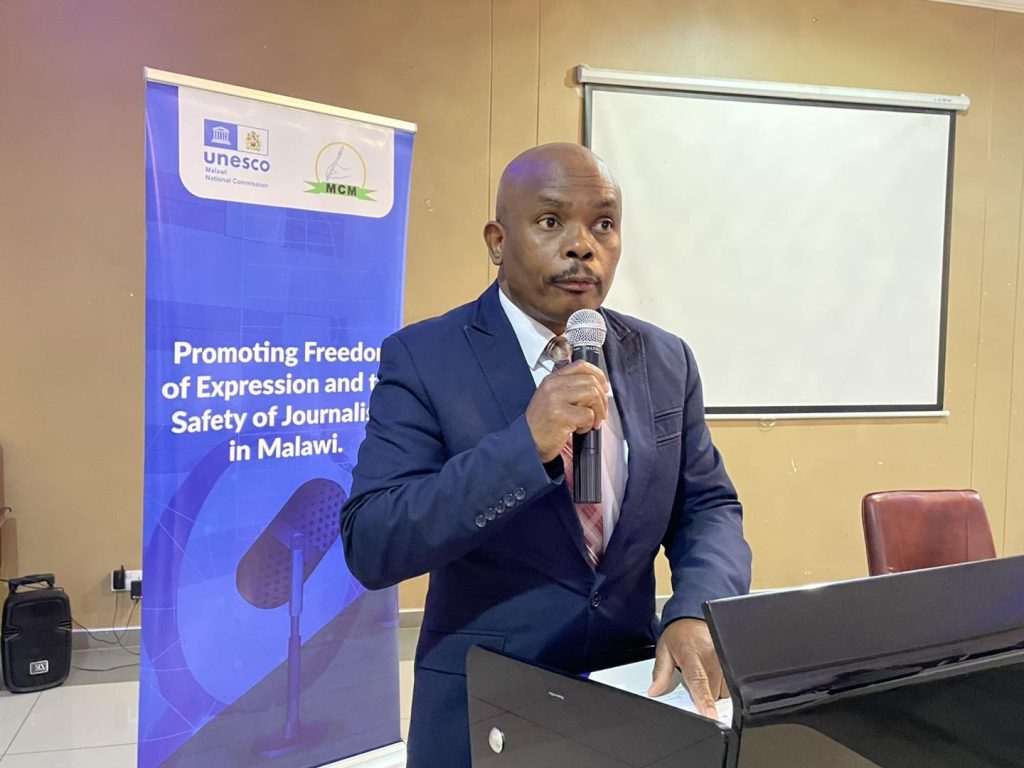
Mulera further disclosed that UNESCO has supported the creation of a Training Manual on the Safety and Security of Journalists during elections in Malawi. He said the manual will serve as a key resource for equipping media practitioners with skills to protect themselves while maintaining professional standards, particularly during sensitive and high-risk election periods.
National Police Spokesperson Peter Kalaya admitted that the relationship between the Malawi Police Service and the media has been strained, citing a lack of skills among some officers in handling media engagements as one of the contributing factors. He assured participants that the police are committed to ensuring the safety of journalists during elections and shared safety guidelines, including establishing contact with the local police and seeking their safety advice before engaging in any high-risk coverage.
The participants were taken through key topics such as physical safety and security, safeguarding press freedom and freedom of expression, covering elections, and remaining professional and playing safe during elections.
UNESCO supported the training through the IPDC project, which aims to strengthen community media for sustainable operations, and the NED-funded project promoting media self-regulation and professionalism in Malawi.

